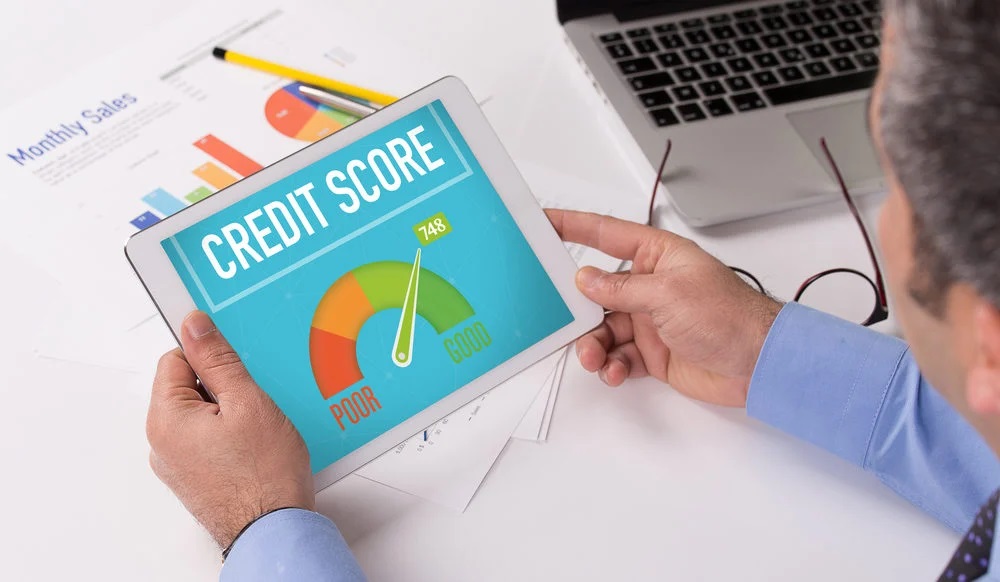Improving your credit score will open all kinds of doors for you. Improve your chances of getting a good mortgage, that loan you want and/or to open a high-interest savings account. Here are 7 tips that will improve your score in no time.
In addition to these 7 tips, you may want to look into this guide for how you can increase your chances of getting a mortgage through a Guarantor Home Loan.
Pay your debts on time
Your credit score shows how reliable you are in pay back your debts to your creditors (hence the name!). Every month, pay back your debts and any loans that you have outstanding to raise that score little by little.
Credit reporting can work in one of two ways – positive credit reporting means that efficient payment of your debts will be included on your credit reports and show that you are a responsible payer of debts.
On the other hand, negative credit reporting means that late debts are also on reports. Failing to pay back debts will cause your credit score to sink quickly, so avoid this at all reasonable costs
Pay your bills on time
In the same way, paying bills on time will help maintain a positive score and build up trust in your credit. If you have a utility or telco bill which is over $150 and over 60 days late, this can lead to a default appearing on your account.
If you have a default (a sign that you have failed to settle a debt) on your record, then this will hang over your head for a long time. Make sure that you do not allow bills to go unpaid.
Get a credit card
Using a credit card allows you to enter the exciting world of credit. With careful spending, you can build up a record of borrowing small amounts (buying things on credit) and paying them back promptly.
As you will have a record of borrowing and repaying your debts, this will develop your credit score. The more you spend responsibly and pay back, the better your score will be and the better the card you can use will be.
Keep your credit utilization down
Credit utilization is how much of your credit card limit you use. If you have a high credit utilization, you are maxing out your credit card often and taking on large amounts of debts (even if you are paying it back).
If you keep your utilization low and only spend a small amount of your allocation (between 10% and 30%), this will bring your score down and show that you are not taking on unnecessary or unpayable debts. It can account for up to 30% of your score, so be sure to think wisely about how you spend!
Pay off your credit card each month
In the same way that paying your bills and your debts every month is a good idea, credit cards should be paid on time. Your payment history accounts for 35% of your credit score and this information is readily available.
Making the full payment is ideal, but even if you can only make the minimum, do it or your score will fall. If you start seeing late fees and overdue notices, you might need to think about how you are using your credit card and if it is smart to keep spending.
Increase your credit card limit
Linked with credit utilization, having a high credit card limit means that you can borrow up to a very large amount. To get access to these rates, you will need to have a good credit score.
Large increases in your credit limit will probably result in an inquiry into why you are wanting it. You may want to turn these requests down as these increases are only to increase your utilization.
Decrease your credit card limit
Wait, didn’t you just say increase it?
Depending on your spending habits, you might want to sacrifice your credit utilization to make sure that you don’t spin out of control. This will give you a hard limit on what you can spend and mean that you won’t add debt to your account. When you have your credit under control, you can begin to go back to increasing your limit again and take advantage of credit utilization.
